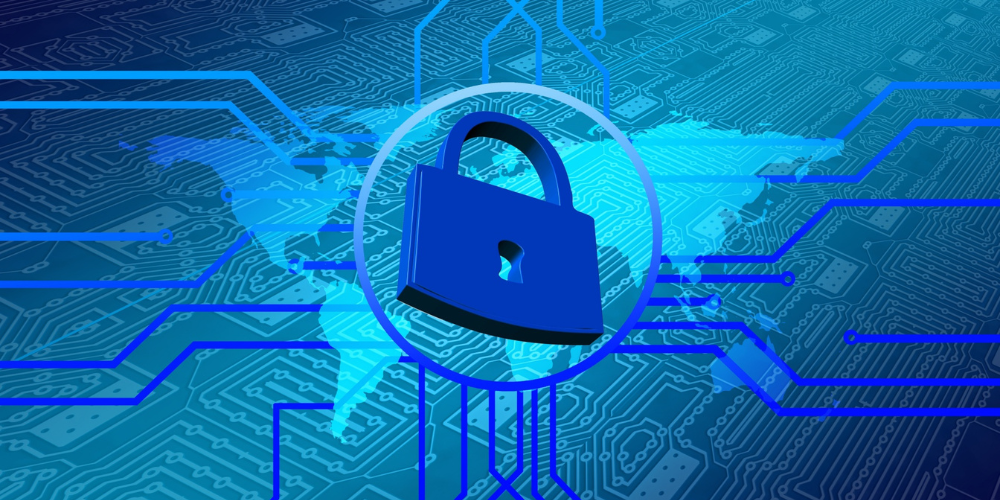How to Stay Safe Online While Gaming
Aug-16-2024

Online gaming has become a popular pastime for people of all ages. However, with the digital world expanding, it's essential to be aware of potential risks and take steps to protect yourself.
Protect Personal Information
One of the first rules of safe online gaming is to protect your personal information. Avoid sharing details such as your real name, address, phone number, or any other personal information that could be used to identify you. Cybercriminals often target gamers to gather personal data, which can lead to identity theft or other security breaches.
It’s also wise to refrain from sharing personal information in gaming chats, forums, or on social media platforms linked to your gaming profile. Use an alias or a gaming handle that doesn’t reveal any personal information.
Secure Your Gaming Accounts

Enable two-factor authentication (2FA) for an extra layer of security. This means that in addition to your password, a secondary form of verification, like a code sent to your phone, will be required to log in. This significantly reduces the chances of unauthorized access to your gaming accounts.
Be Cautious of In-Game Purchases
Many online games offer in-game purchases such as skins, characters, or other enhancements. Always use secure payment methods and ensure the payment page is encrypted (look for "https" in the URL). Avoid providing your payment information on unsecured or third-party sites.
It's also beneficial to set up spending limits and monitor your transactions regularly. Unexpected charges can be a sign of unauthorized access, and catching them early can prevent significant financial loss.
Recognize and Avoid Scams

Scammers often target gamers through phishing emails, fake websites, or offers that seem too good to be true. Be skeptical of any unsolicited messages or invites, especially if they promise free rewards or ask for personal information.
Always verify the authenticity of any offer or message by checking the official website or contacting customer support directly.
Maintain System Security
Ensure your gaming device has up-to-date antivirus software and a reliable firewall. These tools help protect against malware and other online threats that can compromise your personal information and system performance.
Regularly update your operating system and all gaming software to patch vulnerabilities. Developers often release updates that include security fixes, so keeping your software current is essential for staying protected.
Use Secure Wi-Fi Connections

Avoid using public Wi-Fi connections for online gaming, as they can be a hotspot for hackers looking to intercept data. If you must use public Wi-Fi, consider employing a virtual private network (VPN) to encrypt your connection.
Ensure your home Wi-Fi network is secure by using a strong password and enabling network encryption. Changing your router's default settings and regularly updating its firmware can also enhance your network security.
Educate Yourself About Privacy Settings
Familiarize yourself with the privacy settings of the games you play. Adjust these settings to limit who can contact you, view your profile, or join your game. Most platforms offer various privacy options, so make full use of them to control your gaming environment.
Regularly review and update your privacy settings, especially after game updates or changes in the platform’s privacy policy. Staying informed about how your data is handled can help you make better decisions about what to share.
Interact Wisely with Other Gamers

Online gaming often involves interacting with other players. Be mindful of the information you share and how you communicate. Not everyone you meet online has good intentions, so maintaining a certain level of anonymity is wise.
If you encounter any negative behavior, such as bullying or harassment, report it to the game moderators or support team.
Limit Screen Time
Online gaming can be immersive and fun, but it’s important to balance it with other aspects of life. Set limits on your gaming time to prevent it from interfering with your daily routines, sleep, and overall well-being.
Take regular breaks to avoid screen fatigue and maintain a healthy lifestyle.
Monitor Children’s Gaming Activity
If you have children who game online, it's crucial to monitor their activity to ensure their safety. Set up parental controls to restrict access to age-appropriate games and limit their interaction with strangers.
Discuss the importance of online safety with your children and encourage them to come to you with any concerns. Being involved in their gaming experience can help you guide them towards safe and responsible behavior.







